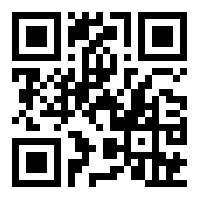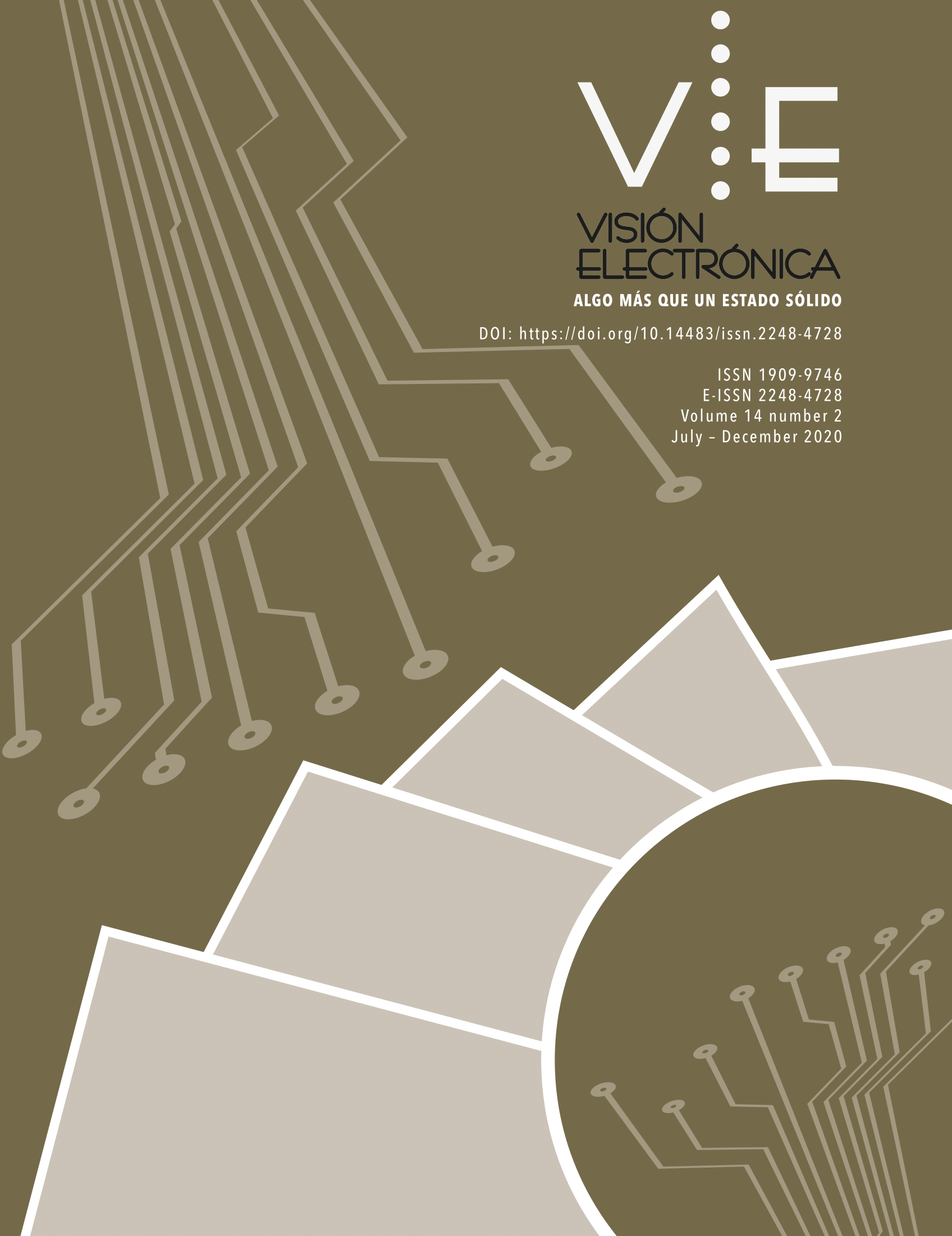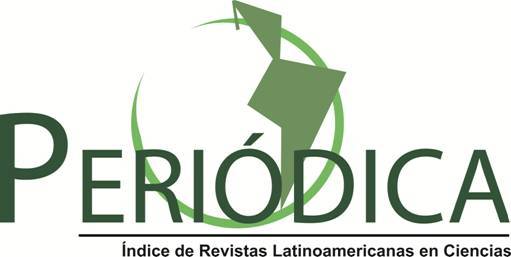DOI:
https://doi.org/10.14483/22484728.17424Publicado:
2020-07-21Número:
Vol. 14 Núm. 2 (2020)Sección:
Visión InvestigadoraBiomedical Engineering: experiences in the research formation with MOODLE
Ingeniería Biomédica: experiencias en la formación investigativa con MOODLE
Palabras clave:
Ingeniería Biomédica, Formación investigativa, Pregrado, Sistema de Gestión del Aprendizaje (es).Palabras clave:
Biomedical Engineering, Research education, undergraduate program, LMS (en).Descargas
Resumen (en)
The work shows the didactic experiences reached in the research formation of biomedical engineers in the Technological University of Havana (Cujae), during the development of courses (Project of Research I and II) in the Biomedical Engineering program, that contribute to the scientific and methodological development of the Work of Diploma like act of culmination of the university studies, with the integrated employment of the resources of a Learning Management System: MOODLE (Forum, Dynamic Presentations, Videos, WIKI, Tasks, Surveys, Questionnaires, etc.) and the Teaching Based in Problems (EBP), to achieve the appropriate motivation and research formation in the students from the curriculum.
Resumen (es)
El trabajo muestra las experiencias didácticas alcanzadas en la formación investigativa de ingenieros biomédicos en la Universidad Tecnológica de La Habana (Cujae), durante el desarrollo de la impartición semipresencial de cursos de pregrado (Proyecto de Investigación I y II), que contribuyen al desarrollo científico y metodológico del Trabajo de Diploma como acto de culminación de los estudios universitarios, con el empleo integrado de los recursos de un Sistema de Gestión del Aprendizaje: Plataforma MOODLE (Foro, Presentaciones Dinámicas, Videos, WIKI, Tareas, Encuestas, Cuestionarios, etc.) y la Enseñanza Basada en Problemas (EBP), para lograr la adecuada motivación y formación investigativa en los estudiantes desde lo curricular.
Referencias
Committee on Engineering Education, "Educating the Engineer of 2020: Adapting Engineering Education to New the Century", NAE, pp. 1-209, 2010. Available at: http://www.nap.edu/catalog/11338.html
World Health Organization, “World health statistics overview 2019: monitoring health for the SDGs, sustainable development goals”, Geneva: World Health Organization; pp. 1-28, 2019.
World Health Organization, “Human resources for medical devices, the role of biomedical engineers”. Geneva: World Health Organization; pp.: 1-240, 2017.
J. Sappey and S. Relf, “Digital Technology Education and its Impact on Traditional Academic Lists and Practice”. J. Univ. Teach. & Lear. Pract. 7(1), 7(3), 2007.
R. Castaño Támara y R. Gordo Muskus, “La universidad del siglo XXI y la idea de tecnología, educación y comunicación", Visión Electrónica, vol. 12, no. 1, pp. 124-131, 2018. https://doi.org/10.14483/22484728.14803
H. Gómez Castillo, “TIC, convergencia y flexibilidad: saberes y racionalidades de la tecnologización pedagógica", Visión Electrónica, vol. 12, no. 2, pp. 319-338, 2018. https://doi.org/10.14483/22484728.14765
J. Candle-Valdés, “The challenges of the Cuban new university”. Paper presented at the Pedagogy 2007, Havana, Cuba, pp. 1-14, feb. 2007.
K. M. Galotti, et al., “To New Way of Assessing Ways of Knowing: The Attitudes Towards Thinking and Learning Survey (ATTLS)”. Sex Lists, 40(9/10), 745-766, 1999.
Ministerio de Educación Superior, Documento Ejecutivo Plan de Estudio: Ingeniería Biomédica, MES, La Habana, Cuba, págs. 1-10, 15 julio, 2017.
T. T. Bekele, “Motivation and Satisfaction in Internet-Supported Learning Environments: To Review”. Educ. Tech. & Soc., 13(2), 116-127, 2009.
S. N. Karagiannis, “The Conflicts Between Science Research and Teaching in Higher Education: An Academic's Perspective”. J. Teach. and Lear. Higher Educ., 21(1), 75-83, 2010.
R. Garrote and T. Pettersson. “The use of learning management systems: A Longitudinal Case Study”. Eleed, 8. 2011.
R. Hernández-Sampier y otros, “Metodología de la Investigación. 6ta Ed., Ed. McGraw-Hill Education. México D. F., págs. 1- 634, 2014.
C. A. Ortiz Daza, F. A. Simanca, “Enseñanza de la derivada mediada por objetos de aprendizaje”, Revista vínculos, vol. 13, no. 2, pp. 159–172, 2016. https://doi.org/10.14483/2322939X.11666
E. L. Díaz Gutiérrez, C. F. Valderrama García, “Evaluación de la usabilidad de los EVA (entornos virtuales de aprendizaje) a partir de la experiencia de usuarios aplicando lógica difusa”, Revista vínculos, vol. 15, no. 2, pp. 150–159, 2018. https://doi.org/10.14483/2322939X.14006
S. Álvarez Lebrum, O. M. Salazar, D. A. Ovalle, “Hacia un modelo ontológico de aprendizaje colaborativo basado en agentes”, Revista vínculos, vol. 13, no. 1, pp. 45–55, 2016. https://doi.org/10.14483/2322939X.11581
Cómo citar
APA
ACM
ACS
ABNT
Chicago
Harvard
IEEE
MLA
Turabian
Vancouver
Descargar cita
Licencia

Esta obra está bajo una licencia internacional Creative Commons Atribución-NoComercial 4.0.
.png)
atribución- no comercial 4.0 International






.jpg)





